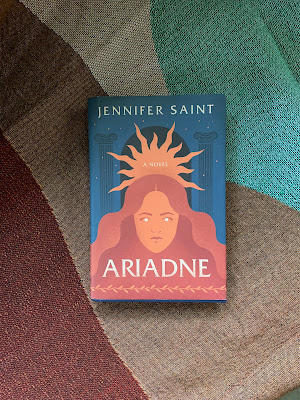Middlesex
 |
| Photo courtesy |
Simply put, Middlesex was abso-fuckin'-lutely good. Really, really good. I wish I could leave it at that, as I know that my attempts at writing reviews are mediocre at best, but let me elaborate on my first statement.
This Pulitzer-winning novel is, essentially, the story of Calliope/Callie/Cal Stephanides, a hermaphrodite. She/He was born with a freak gene – the 5-alpha-reductase deficiency, in medical terms – as a result of the inbreeding of her Greek ancestors. An omniscient narrator, the story shifts from the present-day Cal, who is living as a male, to the history of his paternal grandparents, Lefty and Desdemona, their travails from a small village in Asia Minor until they crossed the ocean to settle in Detroit, Michigan, and then to the days when Cal was raised as Callie, a girl, having been born more with female characteristics. The novel is constructed as a memoir, often shifting from first person to third person point of view, fluidly and beautifully.
I loved how Eugenides wrote it: the writing was eloquent, articulate, graceful, beautiful. My heart broke for Cal/Callie as he/she narrated the difficulties and experiences of the life of a hermaphrodite, most significant (and hurting) of all being the fact that he/she was, for the larger part of his/her young life, unaware of what's wrong with his/her own body. The parallelisms within the novel were also amazing; Eugenides is a genius.
Although the first half has, admittedly, the tendency to lag and bore the reader, one merely has to continue in order to understand where Cal/Callie was coming from, literally and figuratively. My favorite parts were the chapters about “The Obscure Object” – referring not just to Callie's female object of affection, but also to her hidden male genitalia – because this was the start of Callie's identity crisis. Having been brought up as a girl, she could not understand why her contemporaries seem to have embraced puberty way ahead of her, or how she could have emotional attachments to “The Object”. Reading these chapters was heartrending, I couldn't put the book down after that.
The book tackled diverse subjects that have been the topics of debate all over the world: incestuous unions and their offspring, nature vs. nurture, and identity crisis, among others. For this reason, the book's relevance cannot be denied.
I also loved the historical part of the book, which spoke of the 1922 wars between Turkey and Greece, and the Great Fire of Smyrna. Prior to reading this book, I didn't even know about these small bits of European history. Cal's story likewise spoke of the years when Detroit was known as the Motor City, and of the subsequent riots therein, which, again, I hadn't even heard until now.
I read somewhere that just because a book has won the Pulitzer does not automatically mean it is any good. With Middlesex, that statement does not apply.


Comments